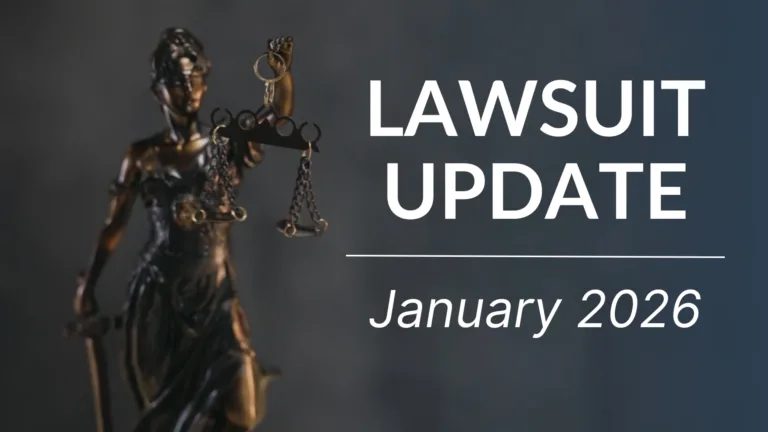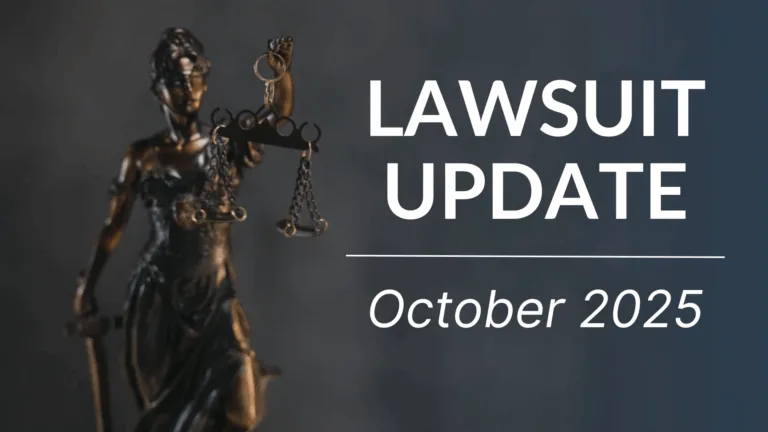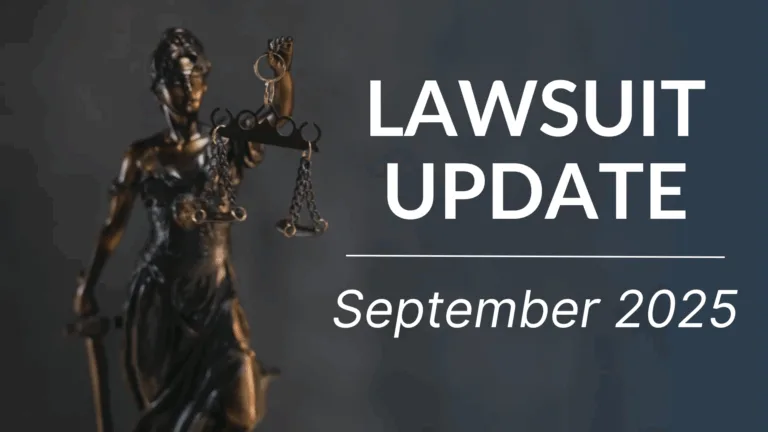
Class Action Update – February 1, 2023
Apple accused of tracking user data of users who have opted out of such tracking
John Farley, an Apple user has accused Apple of illegally tracking data from iPhone and Ipad users who have expressly opted out of such data tracking. In furtherance of this allegation, Mr. Farlye has approached the New York Federal Court with a putative class action complaint.
The basis of the allegation stems from testing undertaken by independent app developers at a software company called Mysk
Per the findings, Apple continues to actively track those users who change their privacy settings to disallow such tracking. As a part of such tracking Apple records, collects and monetizes user data (including app usage, browsing information, and activity information)
As such, Mr. Farley has accused Apple of violating not only the New York Deceptive and Unfair Trade Practices Act but also of falsely advertising, breach of implied contract, and unjustly enriching itself.
Consolidation of Anti-trust cases against pesticide majors – Syngenta and Corteva
A total of 8 follow-on actions commenced by farmers against pesticide giants Syngenta AG and Corteva Inc. have been consolidated by an Indiana federal judge. The matter stems from the ‘loyalty programs’ run by these pesticide companies which entail tie-ups with distributors so as to limit the number of generic pesticides sold by them. In return, the distributors are offered additional rebates and discounts. A direct impact of these loyalty programs was the farmers having to shell out additional amounts for the limited quantity of generic products.
The case at hand has pitted the farmers, the Federal Trade Commission, and 10 state attorneys against the pesticide majors. The conduct of the pesticide companies is alleged to have violative of several antitrust provisions of the Sherman Act and the Clayton Act.
On its part, Corteva has stated that its marketing programs adhere to all anti-trust laws and have the effect of being pro-competition. Further, it has highlighted that the suits against it face significant hurdles on both facts and law.
Veterans urge 11th Circuit Court to undertake a quick review of 3M’s appeal against MDL court’s order imposing sanctions
Background:
3M and its subsidiary Aearo Technologies LLC are in the midst of a 2019 multidistrict litigation (“MDL”) involving thousands of military veterans alleging 3M’s Combat Arms earplugs (CAEv2) were defective and responsible for causing members hearing loss and tinnitus.
In July 2022, 3M’s subsidiary Aearo filed for bankruptcy (which would automatically stay the suits against it) arguing that the bankruptcy proceedings would be better positioned to deal with the multiplicity of claims in the MDL.
Generally, companies opting for bankruptcy obtain an immediate reprieve from lawsuits. Aearo had argued in favor of extending said reprieve towards 3M as well. However, Judge Graham of the Florida Federal Court, held that 3M will not get bankruptcy protection because its subsidiary declared bankruptcy. Thereafter, the MDL judge, M. Casey Rodgers ordered 3M to participate in the new settlement mediation. Recently, in December 2022, Judge Rogers imposed sanctions on 3M as the court found that 3M was liable for the alleged defect and could not shift the liability to Aearo.
Current update:
Now, 3M has appealed the said order which imposed sanctions on it. On their part, the veterans (led by Christopher Aaby and Muhammad Aadam) while insisting that 3M’s appeal is riddled with ‘ruses and half-truths’, have requested the Eleventh Circuit court to allow a quick review of the appeal so as to conclusively decide the matter for once and allow the MDL to move forward.
In its defense, 3M has said, “Our focus remains on efficiently, equitably, and expeditiously resolving this matter and to working with all parties, as well as the mediators and the courts, on a global resolution. We disagree with this incomplete and inaccurate depiction of our good faith efforts in this litigation. We look forward to presenting our position in our appellate brief.”



